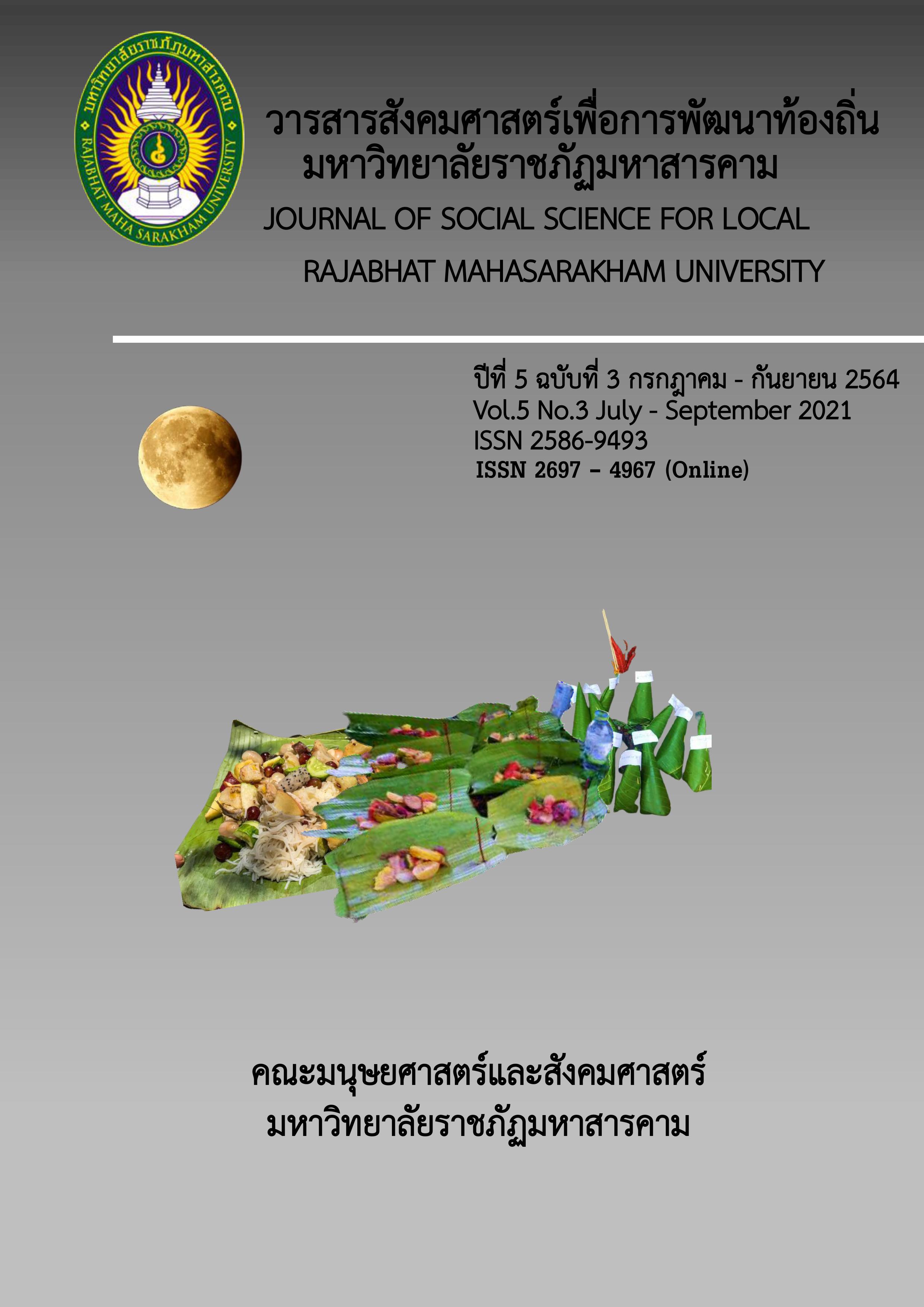The The Development of reverse classroom learning activities that promote problem-solving abilities in principles of Buddhism for Mathayomsuksa 4 students.
Keywords:
Learning Model, The Flipped Classroom, Problem Solving Ability, SatisfactionAbstract
The purposes of this study were to 1. to develop flipped classroom activities of Buddhist principles for mathayomsuksa 4 with an efficiency of 80/80 2. to compare learning achievement between pre-study and post-study 3. to compare problem solving abilities between pre- and post study 4. to study student satisfaction regarding to the flipped classroom activities. It is a quantitative research. The research tools were (1) 10 inverted classroom learning management plans, (2) a 30-item learning achievement scale, (3) a 20-item problem-solving ability scale, and (4) a questionnaire on the ability to solve problems. satisfied The sample group was 30 students in Mathayomsuksa 4/1 who received a large amount of group randomness. The data collected from the research tool were then analyzed with a ready-made statistical program for the percentage, mean, standard deviation, and t-test. The results of the study revealed that 1) Teaching guiding principles of flipped classroom activities of Buddhist principles for mathayomsuksa 4 with an efficiency of 83.30/83.44 2) the learning achievement after the experiment through the activities was significantly higher than pre-study at .05 3) the post-problem solving abilities was statistically increase at.05 4) the student’s satisfaction regarding to the flipped classroom activities showed in high level. ( = 4.16, S.D.= 0.86)


